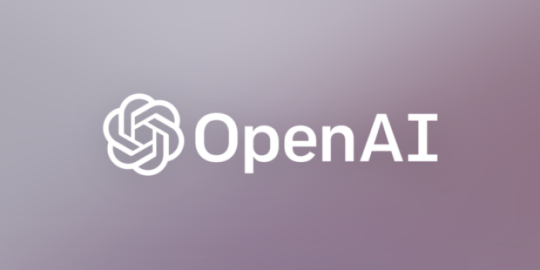
In a time where technological progress increasingly merges the realms of the real and the synthetic, the newest breakthrough from OpenAI, known as Voice Engine, is leading the charge in this continuously advancing landscape. This groundbreaking system, capable of recreating human voices with astonishing accuracy, heralds a future filled with unimaginable possibilities. However, as with any technological leap, it brings with it a Pandora's box of ethical considerations and potential misuses that warrant a deep and thorough examination.
At the heart of Voice Engine's capabilities is its potential to revolutionize how we interact with technology and each other. By perfectly mimicking human voices, it can empower non-verbal individuals to communicate in their own voice, offer comfort through the preserved voices of loved ones, and transform the landscape of digital content creation. This represents not just a technical achievement but a deeply human one, touching on the core of what it means to communicate and connect with one another.
Yet, the very power of Voice Engine to replicate any voice raises significant concerns about privacy, consent, and the potential for misuse. The prospect of having one's voice cloned without permission and used in contexts ranging from misinformation campaigns to fraudulent activities poses a direct threat to personal and societal security. The implications of such capabilities stretch far and wide, affecting everything from politics to personal relationships, and highlight the urgent need for robust ethical guidelines and safeguards.
OpenAI's cautious approach to Voice Engine's deployment reflects an awareness of these ethical dilemmas. By limiting access to the system and exploring measures such as watermarking to distinguish real from synthetic voices, the company demonstrates a commitment to responsible innovation. Yet, these steps alone may not suffice in a world where technological capabilities can quickly outpace regulatory frameworks and societal norms. The conversation around Voice Engine, therefore, must extend beyond the confines of OpenAI, engaging lawmakers, ethicists, and the global community in a dialogue about the future we want to build.
In conclusion, Voice Engine represents a remarkable technological advancement with the power to enrich and complicate the human experience in equal measure. As we stand on the brink of this new frontier, it becomes imperative to navigate the ethical landscape with care, foresight, and a deep commitment to the values that define us as a society. The path we embark on is filled with obstacles, yet it is also abundant with opportunities—a reflection of the unyielding spirit of humanity and our relentless pursuit to push the limits of the conceivable.